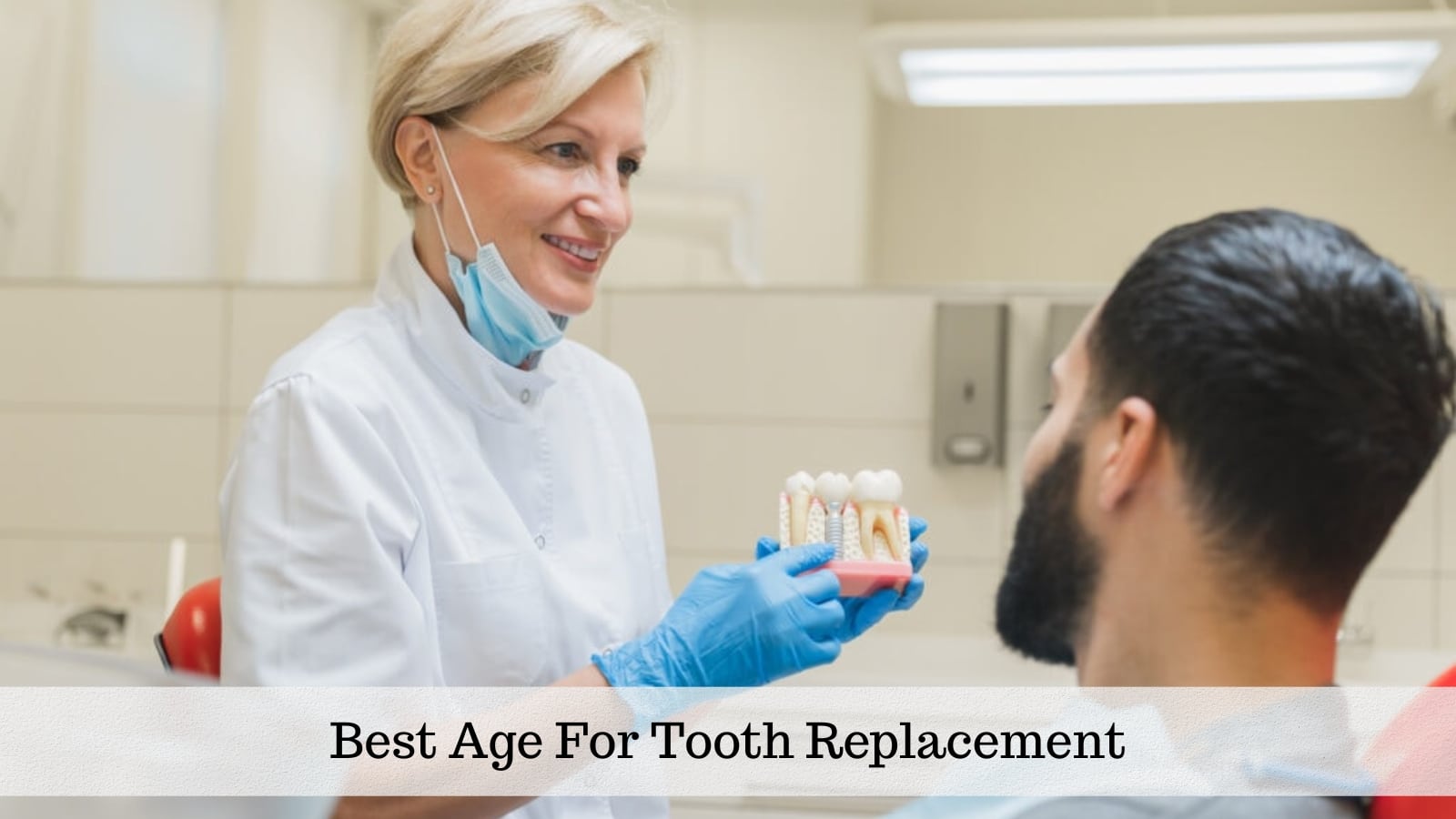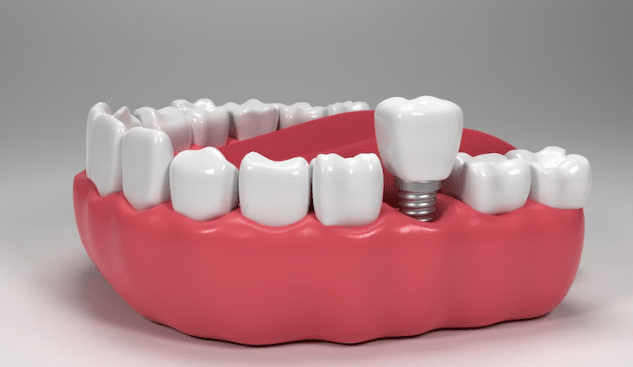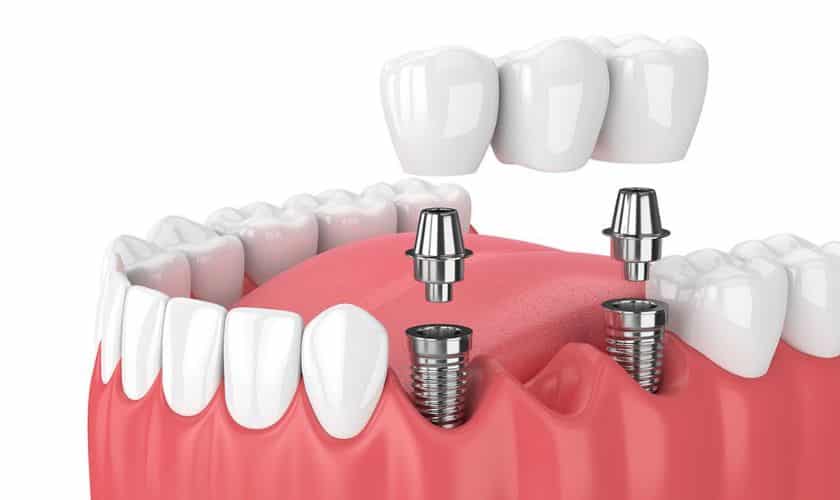
Replacing teeth isn’t just about aesthetics; it plays a crucial role in maintaining overall health and well-being. For many, this leads to a common question: What is the best age for tooth replacement? Dealing with this topic can feel overwhelming, but it doesn’t have to be. Let’s dive into tooth replacement’s nuances, shedding light on when and why it matters.
The Importance of Tooth Replacement
Losing a tooth can affect more than just your smile. Missing teeth can lead to:
Jawbone Deterioration: When teeth are lost, the jawbone can weaken over time, which might alter facial structure.
Shifts in Other Teeth: Gaps can cause adjacent teeth to shift, leading to misalignment and bite issues.
Impact on Nutrition: Difficulty chewing may lead to dietary restrictions, impacting overall health.
Lowered Self-Esteem: Many people feel self-conscious about their smiles, affecting social interactions.
Best Age for Tooth Replacement: What to Consider
Determining the ideal age for tooth replacement isn’t a one-size-fits-all answer. Instead, various factors come into play, including:
Age-Related Changes: Tooth replacement needs differ by age group.
Oral Health Status: The overall condition of your mouth plays a critical role.
Personal Lifestyle: Dietary habits and oral hygiene practices influence timing.
Let’s explore these elements further.
1. Children and Young Adults
Tooth loss in younger individuals often occurs due to accidents, cavities, or developmental issues. The best time for replacements varies:
Primary Teeth Loss: Dental professionals might monitor the situation until permanent teeth emerge if a child loses a primary tooth early. The age range for this is usually between 6 and 12 years.
Cavities and Decay: Young adults with significant decay may need crowns or other replacements sooner rather than later to avoid further complications.
Dental interventions focus on growth and development for younger populations, ensuring that their adult teeth have a solid foundation.
2. Adults (Ages 20-50)
For adults, the conversation shifts slightly. Many individuals might face tooth loss due to various factors, including lifestyle choices and oral health practices. Here are some considerations:
Preventive Measures: Emphasizing preventive care can reduce the need for replacements. Regular check-ups, cleanings, and good oral hygiene can mitigate dental issues.
Timing for Replacement: If a tooth is lost in this age group, immediate replacement can be beneficial. Options like implants or bridges can help maintain jawbone density and prevent shifting.
3. Older Adults (Ages 50 and Up)
As we age, dental health becomes increasingly vital. Many individuals experience tooth loss during these years, often due to wear and tear. Here’s what to keep in mind:
Health Considerations: Older adults may have chronic conditions that can complicate replacement options. Consulting with a dentist is crucial to tailor solutions that fit individual health needs.
Replacement Options: Common choices for this demographic include dentures, partials, and implants. Each has advantages and considerations, and discussing them with a dental professional can help determine the best fit.
Maintaining Quality of Life: Early tooth replacement can enhance daily activities such as eating and speaking, contributing to overall quality of life.
Signs It Might Be Time for Tooth Replacement
Certain symptoms can indicate that it may be time to consider tooth replacement:
Pain or Discomfort: Persistent pain in a tooth can suggest underlying issues that need addressing.
Mobility: If a tooth feels loose, it’s essential to consult a dentist promptly.
Aesthetic Changes: Gaps in your smile can affect confidence; addressing these early can improve self-esteem.
Difficulty Chewing: Trouble eating certain foods may indicate a need for dental solutions.
Choosing the Right Replacement Option
Being aware of the types of replacements available can aid in decision-making. Here are some common options:
Dental Implants: These artificial roots placed in the jawbone offer a permanent solution. They look and feel like natural teeth.
Bridges: These use adjacent teeth to support a prosthetic tooth, filling gaps effectively.
Dentures: These are removable options that can replace multiple teeth. They are suitable for various age groups and levels of tooth loss.
The Role of Your Dentist
Collaborating with a trusted dental professional can ease the process of tooth replacement. Here’s how they can help:
Assessment: They will evaluate your oral health and discuss suitable options.
Education: Understanding the benefits and drawbacks of each replacement type can empower your decision-making.
Personalized Care: A customized plan considering your lifestyle, age, and health needs will help you achieve the best outcome.
Undergoing tooth replacement can be daunting, but it doesn’t have to be. Deciding the best age for tooth replacement is about balancing oral health, personal circumstances, and preventive care. Early intervention can save you from more complex procedures later.
Taking charge of your dental health is crucial. If you or a loved one faces tooth loss, don’t hesitate to contact a dental professional. The proper guidance and timely action can lead to a healthier, happier smile for years.



